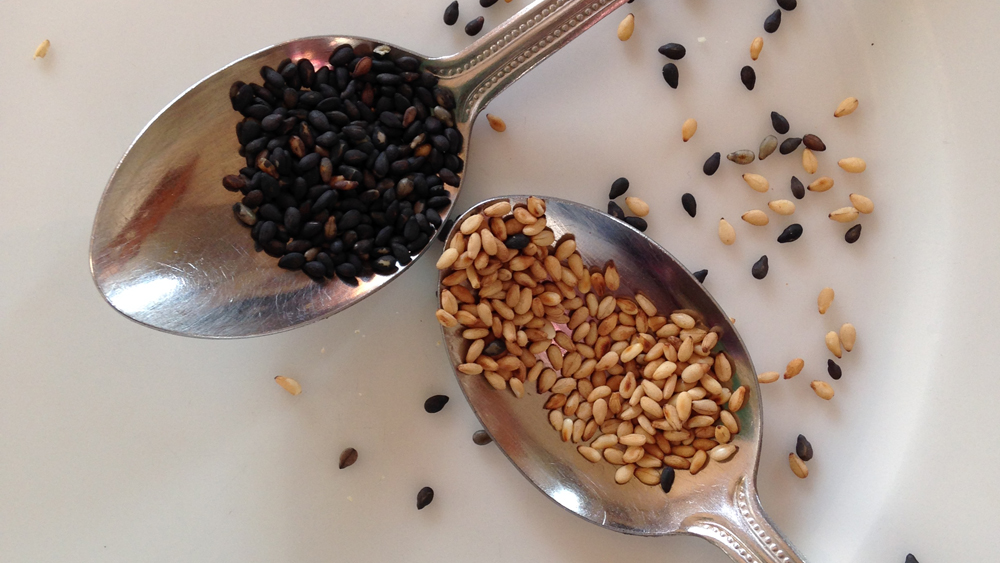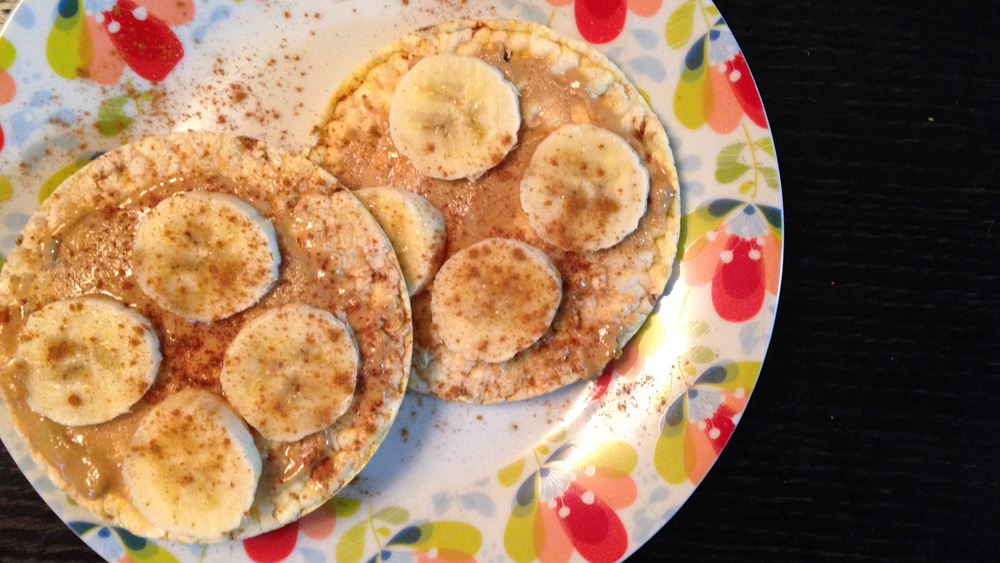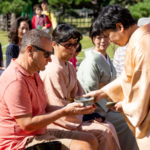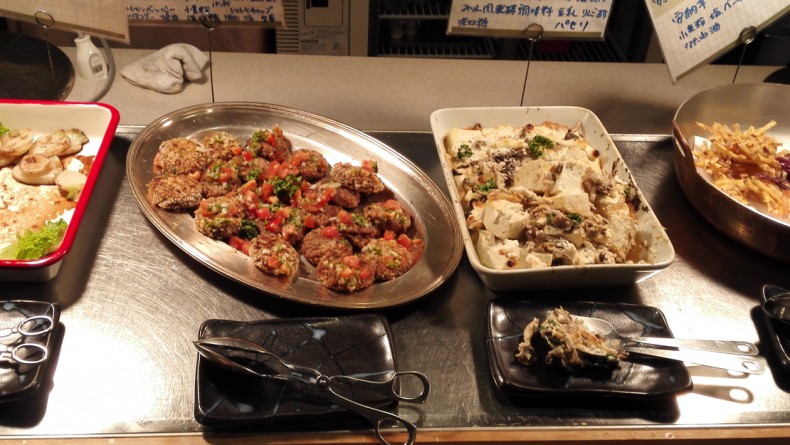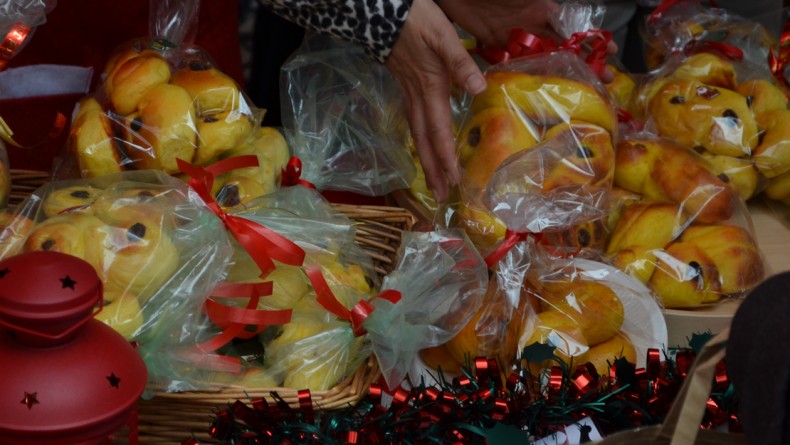Japanese Superfoods: Sesame
Sesame seeds have a long history, with research tracing their use dating back to almost 3000BC. Although they are thought to have originated in India, Japan is now the largest importer of sesame seeds. They are not only delicious and can be used hundreds of ways, but there is a healthful aspect to these tiny seeds, too, making them a regular condiment in the Japanese household.
When I wrote about another Japanese superfood, shichimi, in which I mentioned that sesame seeds are one of the seven special ingredients of this spicy condiment, I said that they deserve their own review. So here goes…
Health Benefits
Sesame seeds are very high in copper, which is beneficial in reducing the pain and swelling associated with arthritis. Also high in magnesium, it is a great stress reliever, boosting moods as well as reducing the risk of diabetes and support respiratory health.
For women, sesame seeds are a great non-dairy source of calcium, essential for healthy bones and preventing osteoporosis. Just 50 milligrams of sesame seeds provides almost half of your daily calcium needs. Sesame seeds are also rich in iron, a deficiency commonly found in women that can lead to fatigue and anemia.
Sesame seeds are also a good source of zinc, beneficial for the skin, hair and scalp. In traditional Chinese medicine, they are considered a longevity food, and black sesame in particular is thought to darken graying hair caused by liver, blood and kidney deficiencies, as well having anti-aging properties, being good for digestion, and nourishing the organs. In Ayurveda, the traditional Hindu system of medicine, sesame seeds and sesame seed oil are some of the most widely used medicines. They are said to be good for the skin, hair and digestion. In addition to being consumed as a food, sesame seed oil is also used for oral health and as a healing massage oil.
In Japan, the component sesamin is extracted from sesame seeds and made into pill form to help combat hangovers.
Buddhist monks created gomadofu made of ground sesame paste, water and kuzu (arrowroot), and this is now the most well known dish of the shoujin ryouri diet (Buddhist diet followed by monks).
How to Use It
White, black, gold, hulled, unhulled, roasted, raw, powdered, oil, paste or even simply as it is, you will surely find plenty of ways to enjoy and get the health benefits into your regular diet. Here are just a few ideas to get you started:
- Gomashio is a combination of salt and sesame seeds and is the primary condiment in the macrobiotic diet. It can be used as a substitute to regular salt. Look for brands that have higher sesame to salt ratio.
- Get a triple hit of the goodness with combination of tahini, sesame oil and whole seeds in this Chicken Soba Noodle Salad.
- Add a tablespoon of sesame powder (surigoma, すりごま) to a smoothie for an added kick of protein, fiber and good fats.
- Simply sprinkle whole seeds over salads, stir fries, eggs or rice.
- Use sesame seed paste (nerigoma, ねりごま) or tahini on a rice cake or cracker, topped with banana slices and sprinkled with cinnamon for a healthy snack or pre-workout energy boost. Nerigoma differs slightly from tahini as it generally uses unhulled sesame seeds, whereas tahini often uses hulled sesame seeds.
- Combine sesame seed paste, miso paste and hot water for a warm dressing that can transform a simple bowl of steamed vegetables or salad into a delicious, super-nutritious dish.
If none of these food ideas appeal to you, you could always just opt for a massage with some sesame oil to warm and nourish the skin and body during the cold winter that is approaching!

